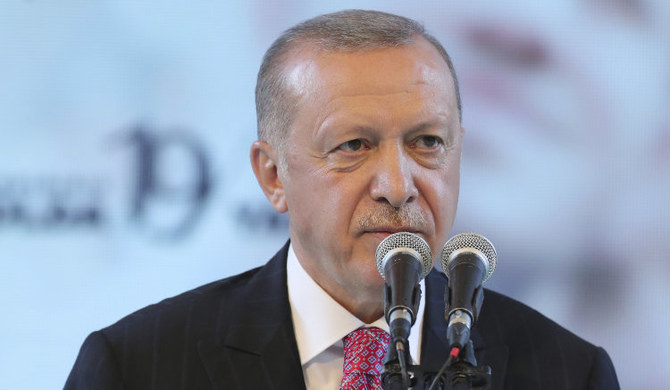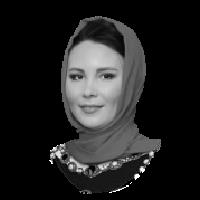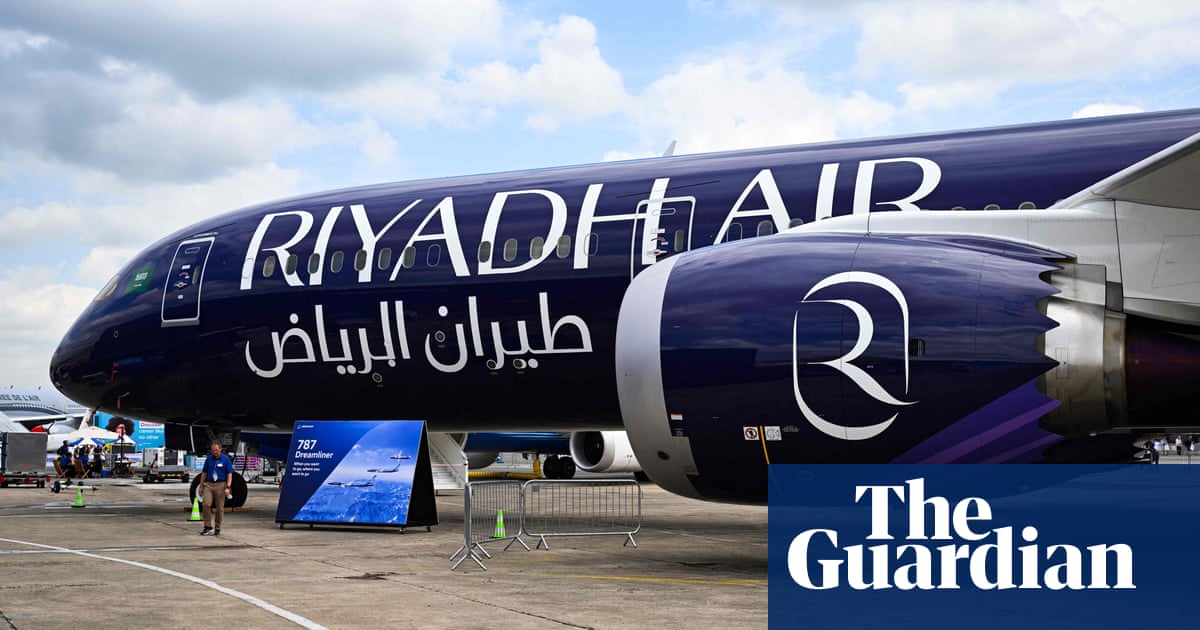
The regional order in the Middle East is undergoing a serious shift due to the normalization of relations among many regional states, domestic transformations within the Gulf nations, and seismic crises among international actors that are affecting the policies of the regional actors.
Turkish-Gulf relations offer an interesting case study on the broader changes in Middle East politics. Following the normalization efforts of the past two years, Turkish-Gulf relations have entered a new phase based on strategies that seek to maximize economic and political gains. The reciprocal visits of the Turkish and Gulf leaders, along with the agreements signed during these visits, lead us to view the rapprochement process through a politico-economic context.
However, studies suggest that, after any rapprochement process, especially at a time of strategic reordering, states should place a strong emphasis on soft power — cultural relations or, in other words, people-to people relations — to create long-lasting channels of dialogue and cooperation. In order to build crisis-resilient relations between Turkiye and the Gulf states, soft power tools should be employed for more effective engagement.
The previous deterioration of bilateral ties between Turkiye and the Gulf states was due to their limited engagement and the lack of understanding of each other’s politico-ideological perspectives and regional visions. While their economic and political relations were severely tested due to the differences between their respective policymakers, the people-to-people relations were also affected due to the adverse effects of these tensions on the culture, education and media sectors.
In the rapidly changing geopolitical context of the decade ahead, finding ways to create new areas of cooperation between Turkiye and the Gulf states becomes even more valuable and necessary. Strong cultural and educational relations between Turkiye and the Gulf states can seriously contribute to sustainable engagement, even when political relations are going through a difficult time. Turkiye-friendly public opinion in the Gulf states and Gulf-friendly public opinion in Turkiye can strengthen mutual relationships. To build mutual trust and understanding among these societies and encourage popular support for Turkish-Gulf relations, cultural and educational programs are vital.
When people have direct experience of each other’s countries through study, they gain a deeper understanding of the culture, language and society. This also helps in building trust and sympathy in the country where they study. The connection built between people through the educational channel is definitely more resilient to the ups and downs of political relations.
Strong cultural and educational relations can seriously contribute to sustainable engagement.
Sinem Cengiz
For example, Kuwait University and Qatar University offer year-long Arabic language scholarships for Turkish people. The other Gulf states could follow the same path and offer such scholarships to help in maintaining people-to-people connections. In the same vein, Turkiye has some effective cultural institutions, such as the Yunus Emre Institute, which promotes learning of the Turkish language and cultural norms worldwide. The institute currently has a branch only in Qatar. Similar offices in other Gulf states would open the doors for dialogue on mutually valued but less politically sensitive areas, such as culture and language.
Since the end of the Cold War, Western countries have engaged in efforts to build cultural centers abroad, such as the Goethe Institute or British Council. The EU also has an effective student exchange program, Erasmus. With the same aim, Ankara and the Gulf capitals can utilize existing programs, such as Turkiye’s Mevlana Exchange Programme, or create a unique new platform for student exchanges.
Through cultural and educational programs, the bond between Turkish and Gulf societies will be created not with force, but through deep understanding of each other’s values. Besides the people, the states that these people belong to will also benefit from this engagement. Studies suggest that cultural institutions have helped advance their respective countries’ strategic interests in terms of protecting their influence and security in a competitive world.
Another possible area of cooperation is the media, which has become an integral part of diplomatic relations because it plays an important role in transforming ties. One of the areas that was influenced by the former tense relations between Turkiye and the Gulf countries was the media. One way to move forward in this sector would be to create a regional media forum organized by the two sides, as there is a serious need for dialogue among media organizations. There could be exchange programs for Turkish and Gulf journalists. For a better cycle of knowledge in which the media feeds society and vice versa, a better understanding of the cultural and political context is crucial, as it remains key to achieving progress during this rapprochement process.
Both Turkiye and the Gulf countries have influential tools for cultural, educational and media dialogue between institutions and the public. Positive perceptions gained through cultural relations can leave a long-lasting impression, increasing people’s willingness to engage with the Gulf states or Turkiye throughout their lives.
The success of soft power engagement depends on human investment for the long-term, so that it can overcome any future challenges in bilateral ties. Thus, just as economic investments are key to the flourishing of Turkish-Gulf relations, investing in young people — who will offer important voices within society in the future and eventually play a role in the opportunities and challenges in Turkish-Gulf relations — is equally important.
• Sinem Cengiz is a Turkish political analyst who specializes in Turkiye’s relations with the Middle East. Twitter: @SinemCngz












